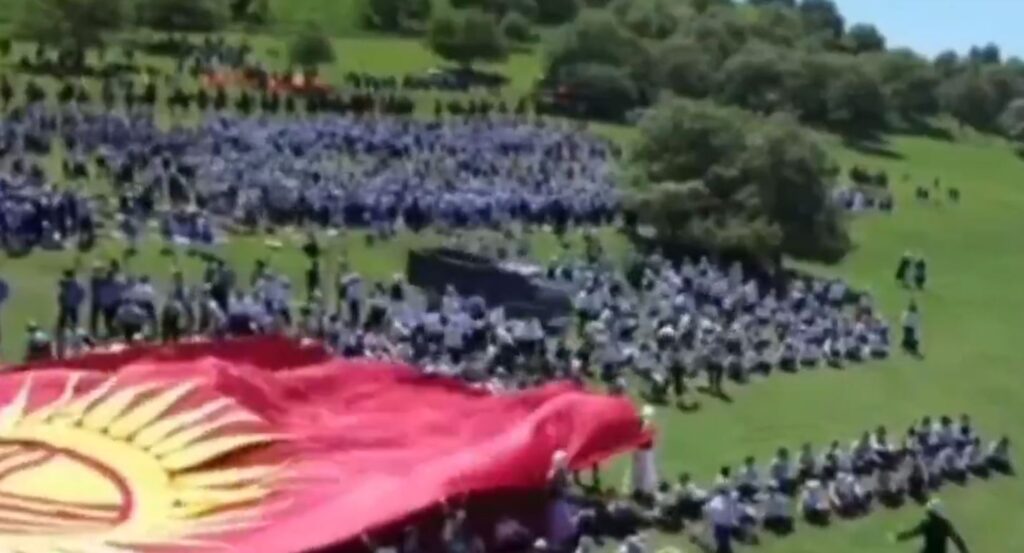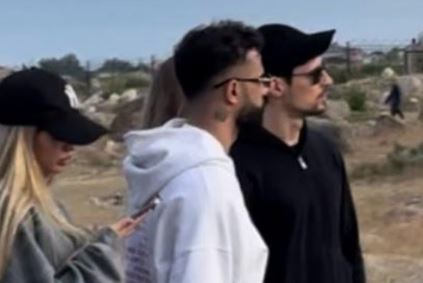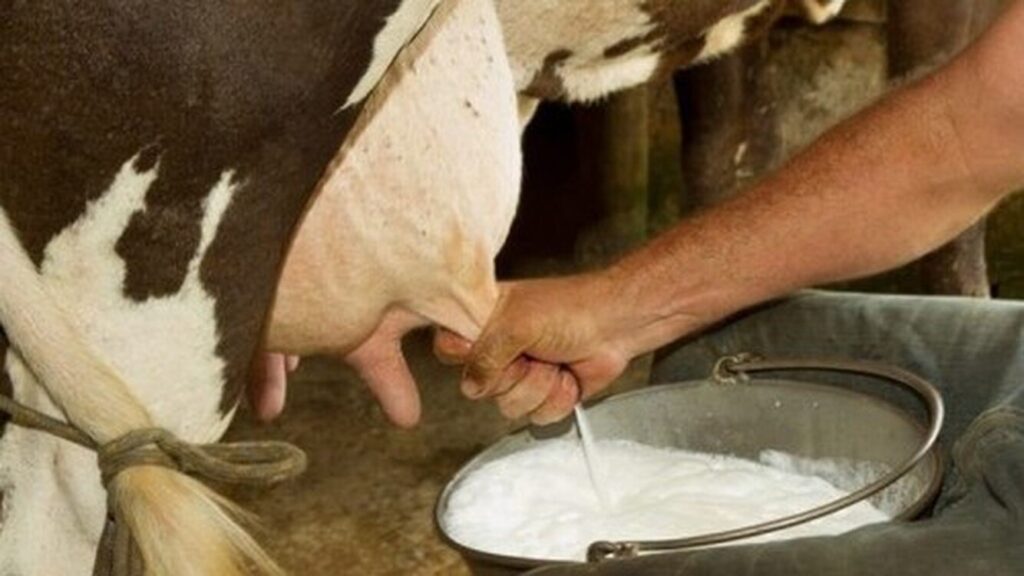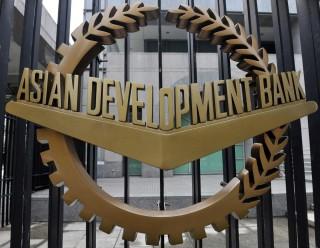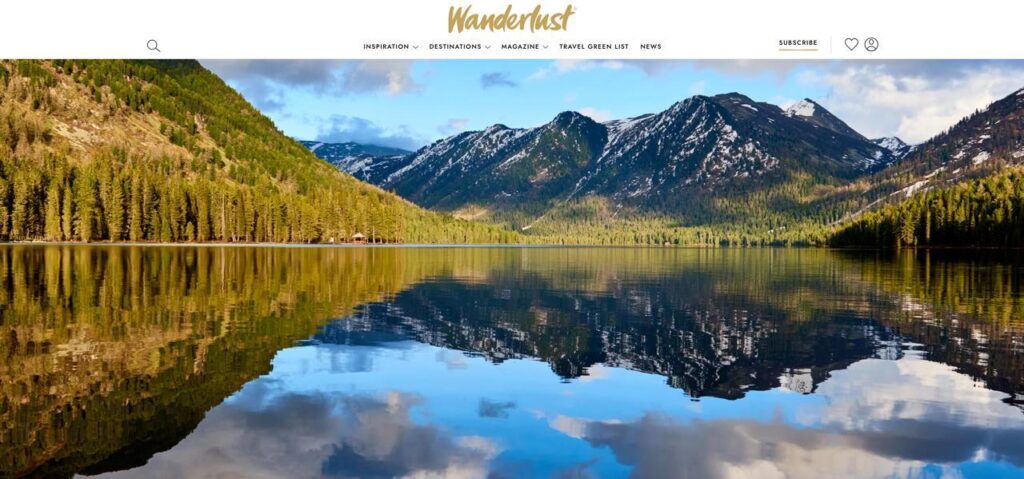BISHKEK (TCA) — Marine litter is a global challenge. Every year millions of tons of trash end up in the ocean and seas. It is estimated that by 2050 there could be more plastic than fish in the sea. Kyrgyzstan faces this challenge too, especially during and after the summer season at Lake Issyk-Kul.
To address this challenge, the European Union, the United Nations and the Smurfs are teaming up to clean beaches across the world and invite citizens everywhere to take part, the Delegation of the European Union to the Kyrgyz Republic said. It is the second time such activities take place around the globe. In 2018, over 70 actions and nearly 3000 people participated to the #EUBeachCleanup campaign with actions from Ghana to Iceland and from the Dominican Republic to Fiji.
This year beach cleaning activities will take place in 75 countries across the world and Kyrgyzstan has become one of those. The activity will take place on 14 September in Issyk-Kul region (Bosteri village) with participation of the EU Delegation to Kyrgyzstan, UN country office, Embassies of Germany and the United Kingdom. Besides, 150 local volunteers and a group of divers will join the international team to clean the beach of Issyk-Kul.
“We share a love for our blue planet, and we all hold responsibility for making and keeping it healthy — through cleaning and prevention. That is why we decided to clean the beach of the pearl of Kyrgyzstan – lake Issyk Kul. To do that we join forces with our friends from the UN system in Kyrgyzstan, Embassies of Germany and the United Kingdom. We hope to demonstrate that we do care about marine litter and we are keen to address this issue by all means possible,” said Eduard Auer, Head of EU Delegation to the Kyrgyz Republic.
“Such clean-ups are so important because they show what happens when people stand up for the environment, making our home a cleaner and much better place to live. The plastic pollution, created by omnipresent global products — plastic bottles and plastic shopping bags — undermines health and wellbeing of all of us and therefore the Sustainable Development Goals, which every country made a commitment to achieve by 2030. Plastic shopping bags were rarity about 40 years ago, but are now produced at a rate of one trillion a year globally. Every year, more than 8 million tonnes end up in the oceans. If present trends continue, by 2050 our oceans will have more plastic than fish. In 2018, the United Nations in Kyrgyzstan made a decision to stop using single-use plastics at our meetings and events and continues to urge hotels, service providers, and partners to follow this green policy. It’s time for each of us to look at the way we live and reduce our consumption of single-use plastic,” said Ozonnia Ojielo, UN Resident Coordinator in the Kyrgyz Republic.
The #EUBeachCleanUp will take place also in partnership with local authorities and activists. Tremendous support has been provided by the Public Foundation EcoDemi which has an outstanding record of cleaning and green-oriented activities in Kyrgyzstan.
The Smurfs, created by Peyo in 1958, are a universal symbol of optimism and friendship. The blue Smurfs live in harmony with nature and bring happiness to children and grownups across the world. The Smurfs are official campaign partners of the #EUBeachCleanup and the Sustainable Development Goals.




